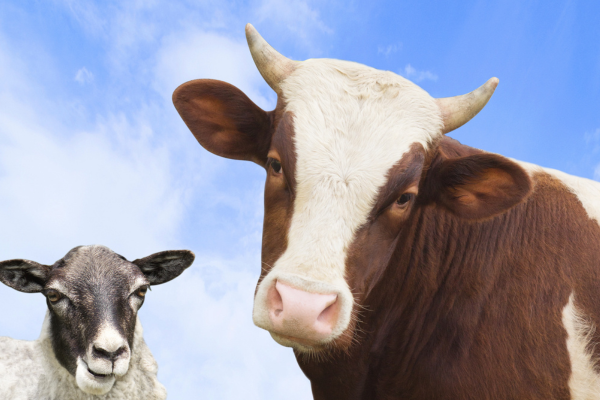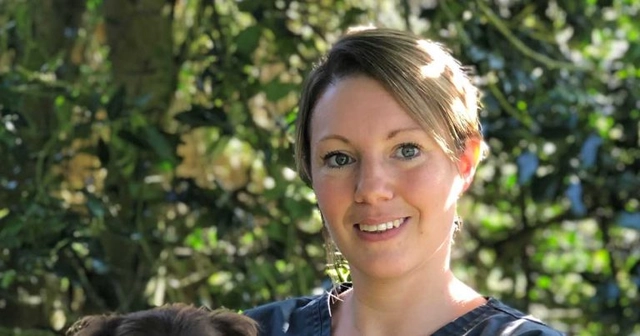
Vets and farmers are being urged to share their experiences of the bluetongue outbreak in England and Wales to help shape the response to likely future incursions.
A senior clinician has told Vet Times the virus “probably” needs to be regarded as a long-term threat after Government officials endorsed an ongoing industry survey of the topic.
But fears have also been raised that some cases of the virus may not be being reported, despite its legal status as a notifiable disease.
As of 23 October, 144 premises in England, plus two in Wales, were known to have been affected by the BTV-3 outbreak since the first case was confirmed in late August.
A slightly higher total has so far responded to a survey of the disease’s impact, which will remain open until the end of the year.
Direct experience
But the project’s leader, Fiona Lovatt, is worried that only a small proportion of submissions so far have been from farms with direct experience of the outbreak.
Speaking in a podcast recorded during the BCVA Congress, and which is available via the Vet Times website, she pleaded with clinicians and producers to take part in the anonymous survey to help shape the ongoing response to the virus.
She said: “We really care and want to know how bad it is so we can put measures in place so other people don’t face that.”
A similar message was delivered by Gordon Hickman, Defra’s head of exotic disease control, during a webinar hosted by the Agriculture and Horticulture Development Board (AHDB), one of the bodies supporting the current survey, ahead of the congress.
He said: “It will be incredibly helpful to us at Defra and other policy colleagues to better understand the impact of the disease both on the animals themselves, but also on keepers and vets as well.”
It is now almost a year since the first BTV-3 case was confirmed in England, while the virus is also continuing to take a heavy toll in northern Europe.
Longer-term threat
Asked whether the sector needed to treat bluetongue as a longer-term threat if it wasn’t doing so already, Dr Lovatt said: “Yes, we probably do.”
But while she acknowledged that factors including a cooler than average summer may have helped to keep case levels here lower, she also admitted being concerned by the possibility that some farmers may not be reporting potential signs of disease.
She said she had heard of some such cases “anecdotally” and was worried about the welfare implications if farmers were not even discussing concerns with their own vets.
She added: “We need to report it. We need to know what’s happening to know how bad it is. We can’t make decisions if we don’t know how bad it is.”
‘Compensation’
Defra declined to say whether it shared that concern when approached by Vet Times, though a spokesperson said: “Bluetongue virus is a notifiable disease, meaning if you suspect that any of your livestock is infected, you must report it immediately to the Government and failure to do so is an offence.
“Farmers will receive compensation if any of their animals are required to be culled and free testing is available for movements of stock out of the bluetongue zones.”
Concerns about bluetongue should be reported by telephoning 03000 200301 in England, 03003 038268 in Wales or the relevant Field Services Office in Scotland.
The current survey will remain open until the end of the year.
Credit to: Farmers urged to share all bluetongue incidents (Vet Times)
Vet Times. (2024). Farmers urged to share all bluetongue incidents [online]
Available at: https://www.vettimes.co.uk/news/farmers-urged-to-share-all-bluetongue-incidents/





